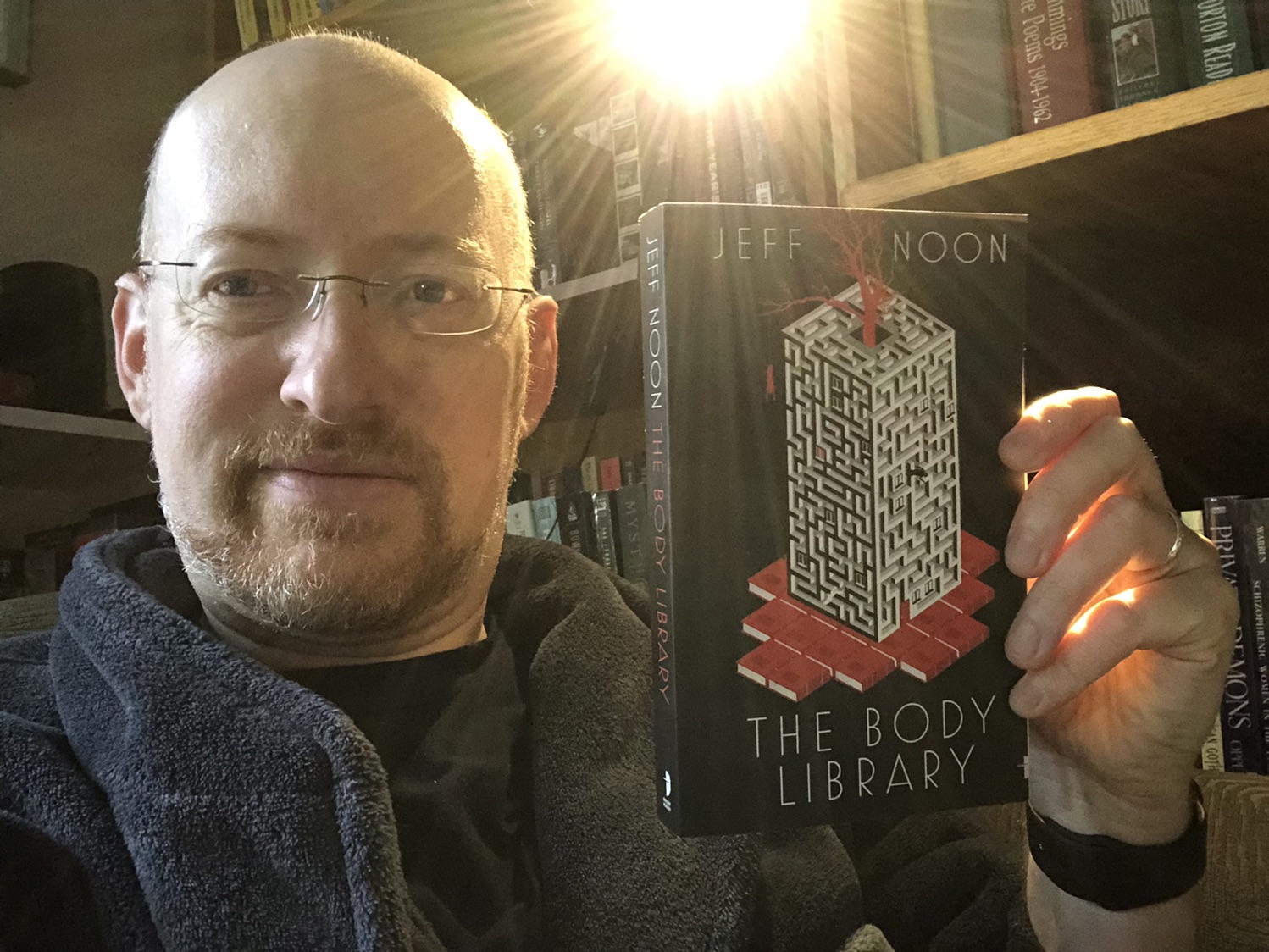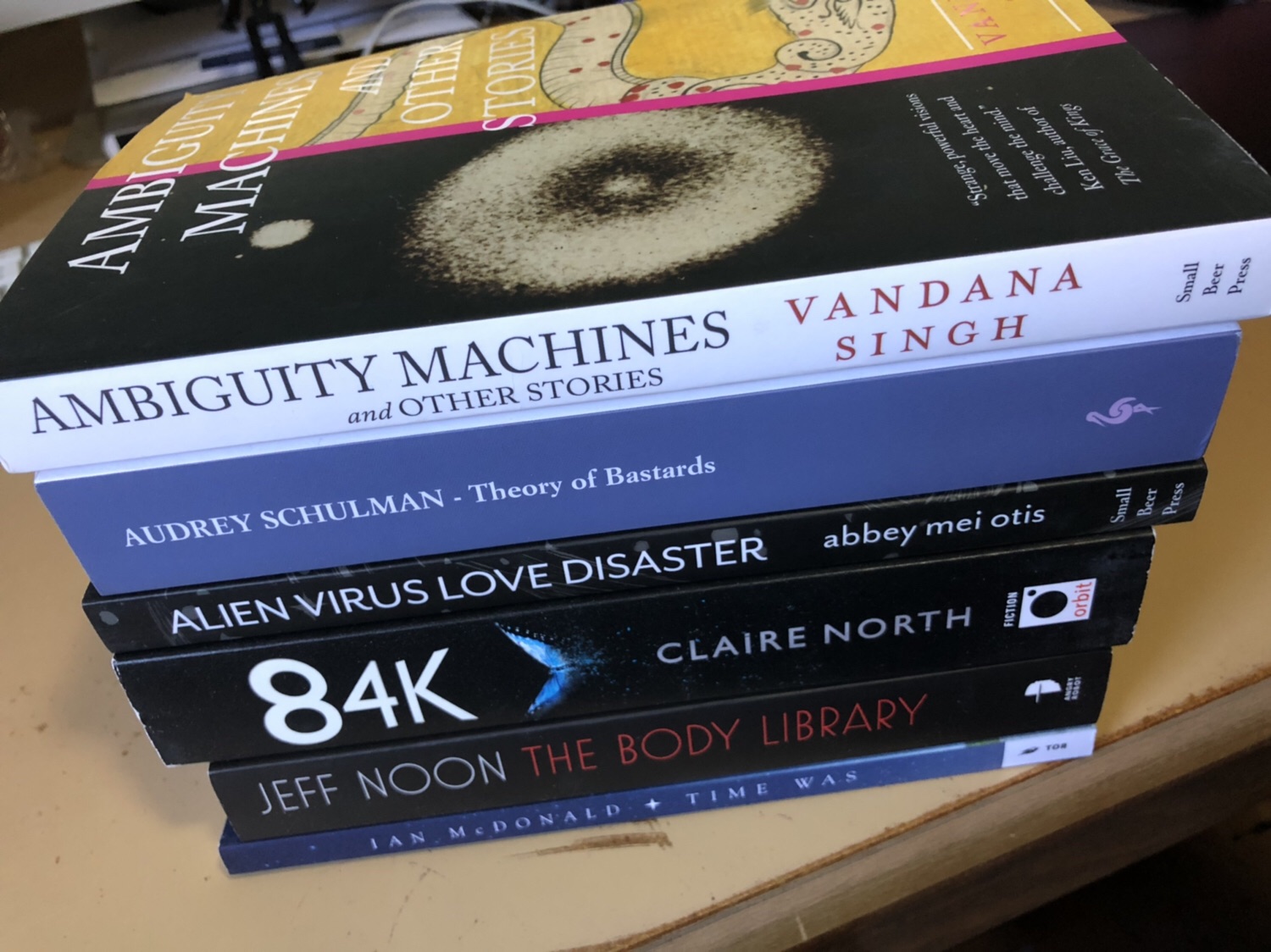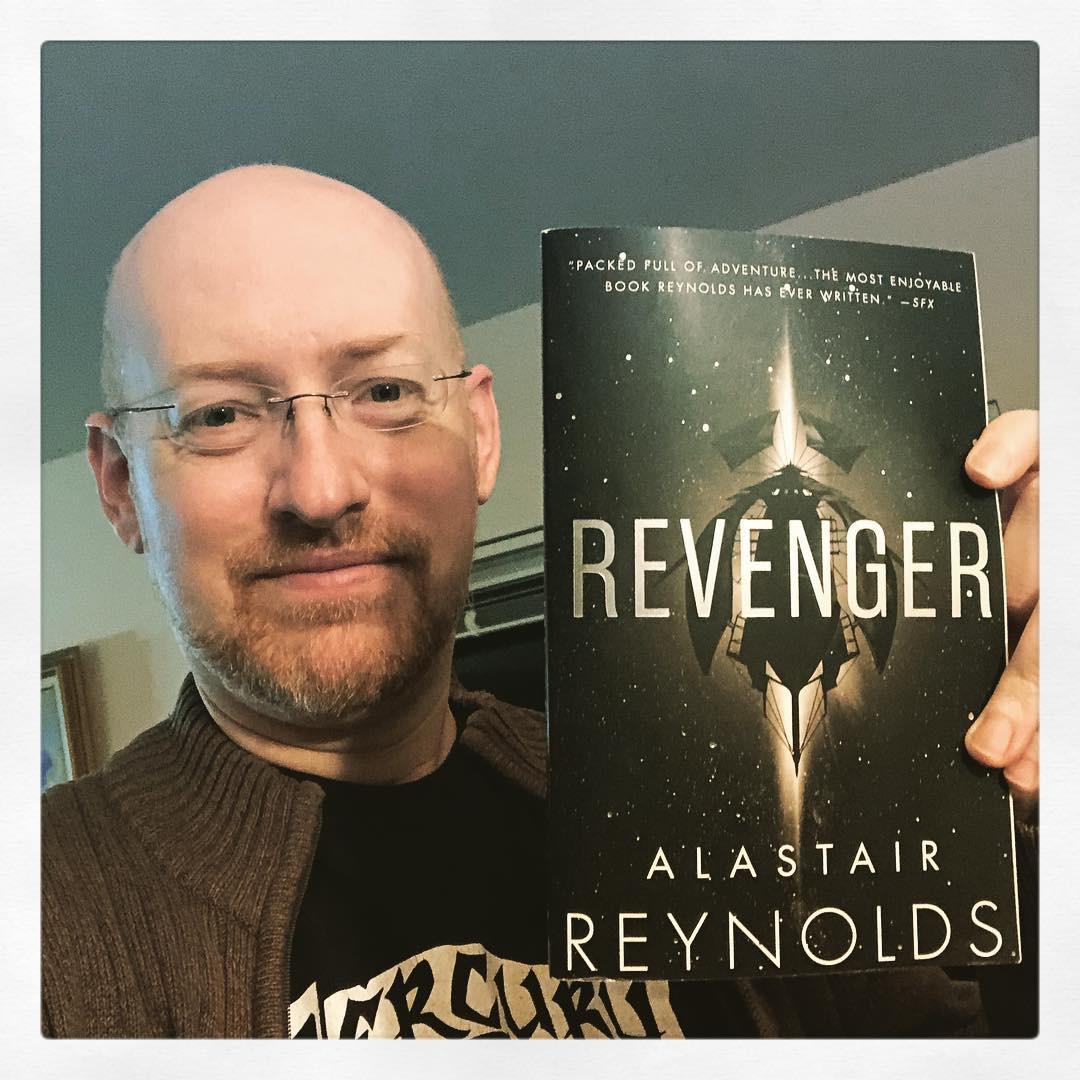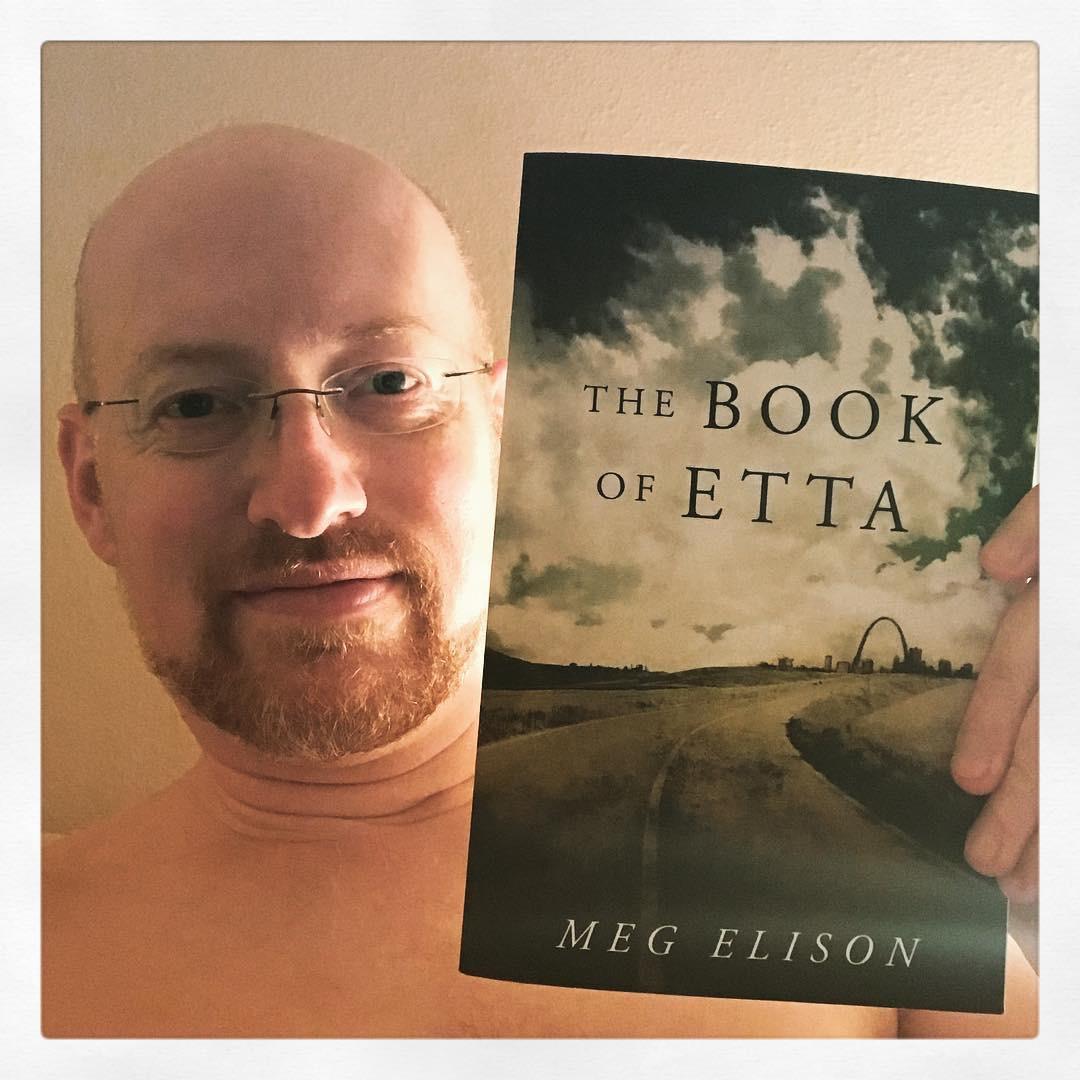Once again, I’ve read through all of the nominated works for this year’s Philip K. Dick Awards. Made it with two weeks to spare this time.
Here are my thoughts on each of the nominated books, in order from my least favorite to my personal favorite and pick for the award (if I got a vote, which I don’t, and I’ve yet to pick a winner, so perhaps it’s best not to put too much stock in my opinion…). A strong slate this year, there wasn’t a single one that I didn’t enjoy at least a little bit.
-
The Book of Etta, by Meg Elison: Much as with the first book in this series, it’s well written and realized, but simply isn’t my thing. Post-apocalyptic fiction tends towards the dark, dismal, and dreary, and these are no exception. I can recognize that they’re well written, and can see why they resonate for many people…just not for me. Because of that, I can’t really give a more thorough review.
-
Revenger, by Alastair Reynolds: Space pirates, hidden treasure, scheming and swashbuckling — and while I didn’t dislike reading it, it never entirely grabbed me, either. I think for me, it’s just that while I recognize the conceit of “adventure on the high seas IN SPACE” as an attractive one for many, it’s simply never particularly caught my interest. I’m not sure if that’s because I’m not much into “adventure on the high seas IN WATER” tales and the switch to “…IN SPACE” isn’t enough to make it work for me, or if I just find the conceit itself a little…well, silly. Not that solar sails and the like aren’t scientifically sound, but the overly-literal application of the idea always feels a bit far-fetched. Anyway — the book isn’t bad, it just isn’t for me.
-
The Wrong Stars, by Tim Pratt: Enjoyable space adventure, with lots of amusingly clever writing and fun ideas for alien cultures, particularly the primary alien life and how they interface with humanity. Liked reading it, and appreciated the diversity of characters both human and alien. Doesn’t nudge its way to the top of this year’s PKD nominee stack, but that’s not at all a knock against this book, this is just proving to be a strong selection this year.
-
After the Flare, by Deji Bryce Olukotun: The first book, Nigerians in Space, was interesting, but was almost more of a spy thriller, barely touching on SF. This is not only more of an SF story, but is also a stronger book. A few of the characters carry over from the first book, but the plots aren’t directly connected, and reading the first isn’t at all necessary to enjoy this one. With both books, I greatly enjoyed the African setting and the blending of SF tropes with African history and culture. A strong start to my PK Dick Award reading this year.
-
Bannerless, by Carrie Vaughn: I’ve mentioned in past years that I’m not a big fan of post-apocalyptic stories; as such, they generally don’t rate very high for me, even when I know that they’re good, well-written stories. This is a rare exception – apparently, the trick is to place the time period a good few decades after civilization falls over, so that the story isn’t overshadowed by the depressing turbulence and chaos of most post-apocalyptic tales. Here, there are distant remnants of the world as it was, but the world has survived, society has rebuilt (to a point, at least), and our characters can have their adventures and solve their mysteries in the world they know. The look at the society that emerges, and how it builds on what fell in the past, attempting to use the lessons of the collapse of the past to keep a stable present, worked very well for me.
-
All Systems Red, by Martha Wells: A quick and very enjoyable read about a cranky, antisocial security android who just wants to watch their shows, but has all these annoying humans to take care of. Quick moving and darkly humorous, it felt like a SFictional take on the autism spectrum (said as a neurotypical who is entirely guessing, and could be far off base with that).
-
Six Wakes, by Mur Lafferty: Something of an SF take on a locked room mystery – the cloned crew of a generation ship wakes up to find the corpses of their previous bodies – with fascinating questions of the ethics of workable cloning and the concepts of selfhood and the soul in such a world. Very much enjoyed this one.








